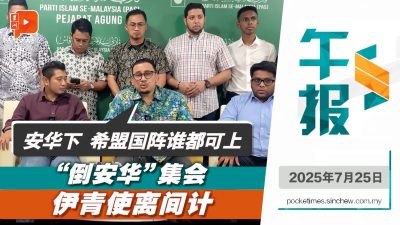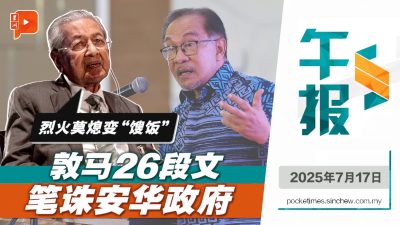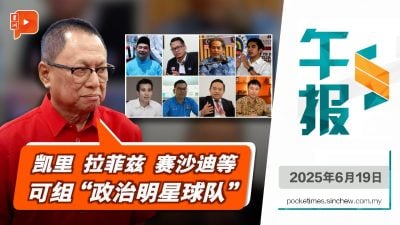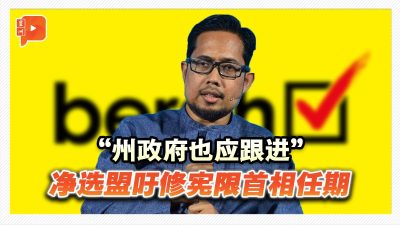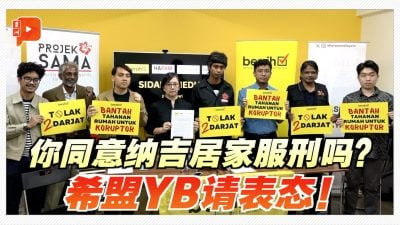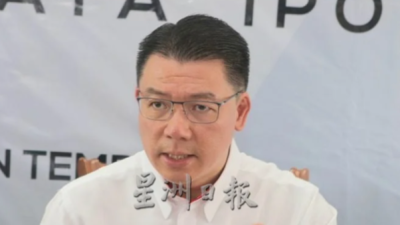By Thomas Fann
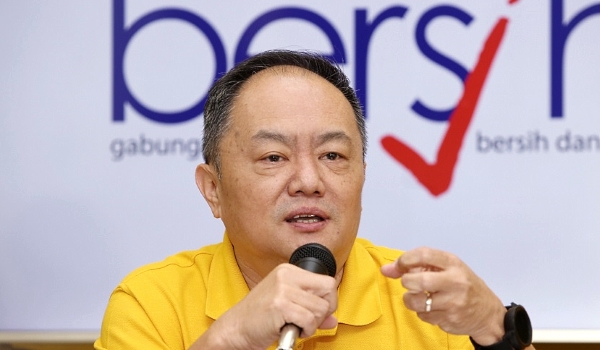
So, Undi18 and Automatic Voters Registration (AVR) are finally implemented.
Two and a half years after the historic constitutional amendments to lower the voting age in Malaysia from 21 to 18, after some delays, backpedaling on the timeline to implement and a court order to implement it by the end of 2021, it is a done deal.
In simple terms, if there is an election after 16 January 2022, any 18-year-old citizen and above can walk into their designated polling station, present their MyKad and vote without having to pre-register beforehand.
Here are the data as released by the Election Commission (EC) on 12 January 2022.
5.8 million new voters will be added to the current electoral roll of 15.3 million, bringing the total to 21.1 million voters. Out of these, 1.2 million are those aged between 18 to 21 while the rest are unregistered 21 years old and above.
Taking those numbers from the EC and population data from the Department of Statistics Malaysia (DOSM), I extrapolated the data to find out how many voters will be aged between 18 and 40 years old if an election is to be held this year and the estimate is 12.2 million or a whopping 58% of the total electorate! It was 41% in GE14, which means the “youth” or below 40 years old voters will for the first time, form the bulk of voters in Malaysia in GE15.
I don’t know about you but to me, this is a seismic event, that the young voters will be the “kingmaker” in the coming and future elections in this country. It is now obvious that whichever party or coalition of parties that aspire to form the next government must appeal to the 58% of voters below the age of 40. Ignoring them would be political suicide and I don’t believe anyone who is in politics, are in it to lose elections.
Before I go further, I must acknowledge this bloc of voters, like any others. are not homogeneous in their values, aspirations or character but I do believe there are some commonly shared concerns among them like education, job opportunities, affordability of housing or even a desire for a greater level of personal freedom than older voters, maybe.
So, what must the competing political parties do to appeal to those below 40 of age?
1. They must field younger candidates during elections. People usually relate better to their peers and it is highly unlikely young voters would give their votes to candidates or parties whom they believe cannot understand their concerns. Parties that are perceived to be helmed by “oldish” leaders would be off-putting to the young. It is about time we start lowering the median age of political leaders to a more inspiring level, rather than expiring ones! Wouldn’t voters be more inclined to vote for leaders who are more personally vested in a bright future for the country than those who are still trying to make it in their twilight years?
2. They must offer concrete policy ideas (not cheap slogans) that assures the younger generation that they have a plan to uplift them. When it comes to a trust deficit in politicians, we are probably at an all-time high and the young are probably most cynical of the political establishment. They can probably smell a rat, or should I say a frog, a mile away and they are the savvy generation who can fact-check on their phones instantly. Parties need to include in their election manifestos well-thought-out economic policies, education plans and most importantly, what are they doing about climate change if they want to connect with the young.
3. They must commit to political and institutional reforms that would enhance the stability, oversight and performance of the whole system. Like everyone else, the young are sick and tired of the shenanigans of politicians these past years. Get serious with reforms and not just pay lip service to important legislations to fix our broken system. Otherwise, these young voters may just decide to take their chance with new start-up parties like MUDA, Gerak independent and many others. After all, what have they got to lose?
4. They must move away from identity politics of race and religion and start envisioning a more inclusive Malaysia. I don’t know for sure but I believe most younger Malaysians are more concerned with good governance and outcomes. They don’t care if the cat is black or white as long as it catches the rats (frogs). They hate corruption, double-talks, talk downs, bull excrement, double standards, feudal attitudes and showmanship. Talk less, do more. Deliver or you’re out the next round.
And remember, the young do not carry any pieces of baggage of loyalty or historical indebtedness to any political parties, and thanks to the Bersih rallies, the ghost of May 13 has been permanently exorcised, so it is pointless to wave your keris and threaten a bloodbath. In fact, many would ask, what is May 13?
The huge injection of 5.8 million voters through Undi18 and AVR, propelling the under 40-year-old voters to 58% of total voters, may be the booster shot that this country needs to vaccinate us from decades of personality, patronage and identity politics that have divided us and rob us of our nation’s full potential. The future of this nation belongs to the young and it is in their pointers. It’s time to speak up, to rise and to vote.
(Thomas Fann is Bersih 2.0 Chairman)
ADVERTISEMENT
ADVERTISEMENT






